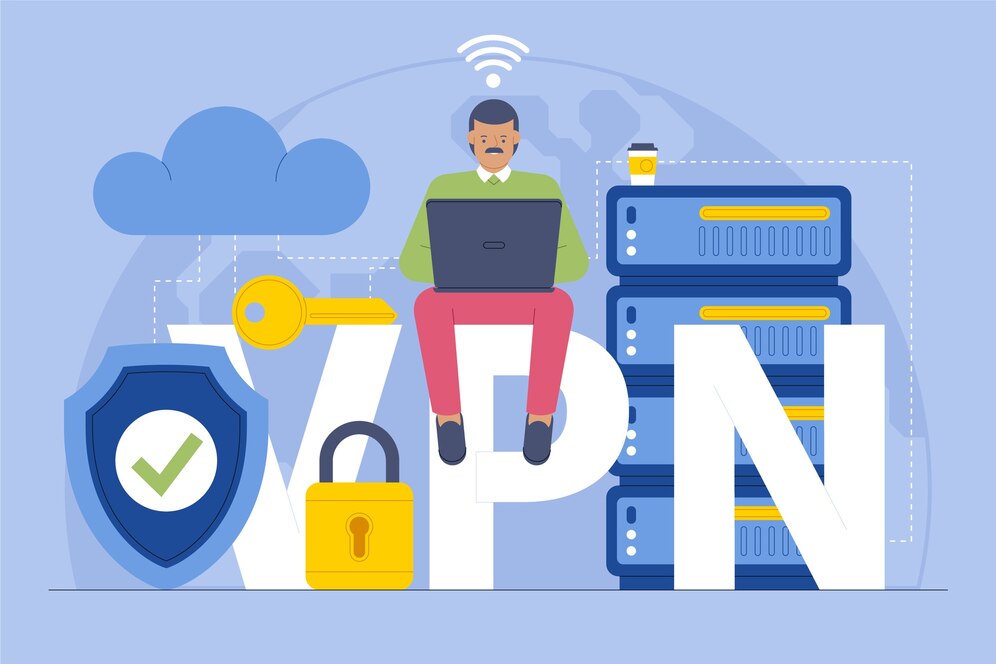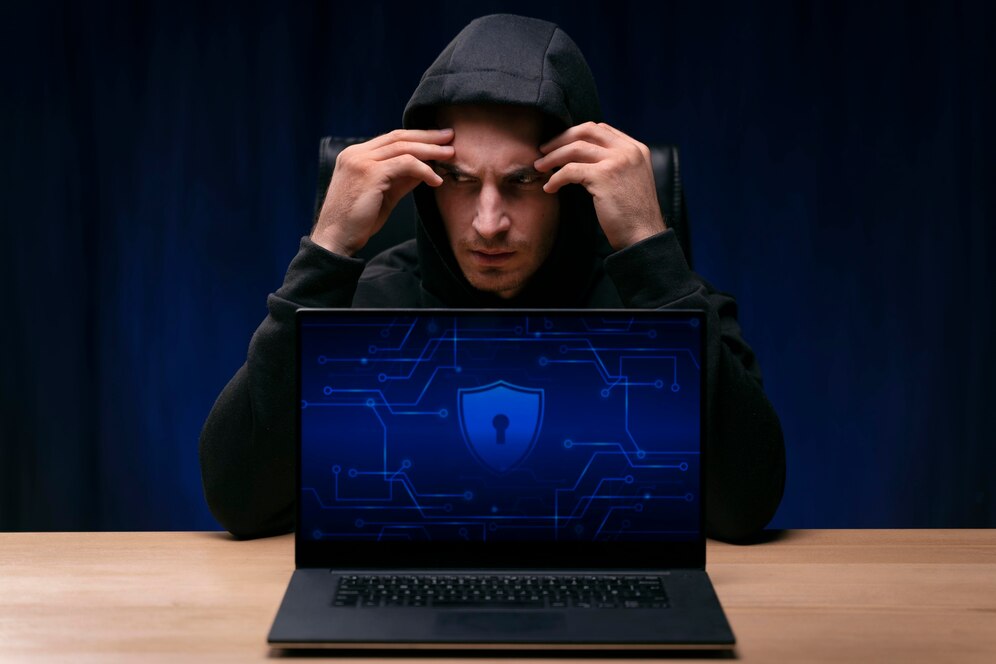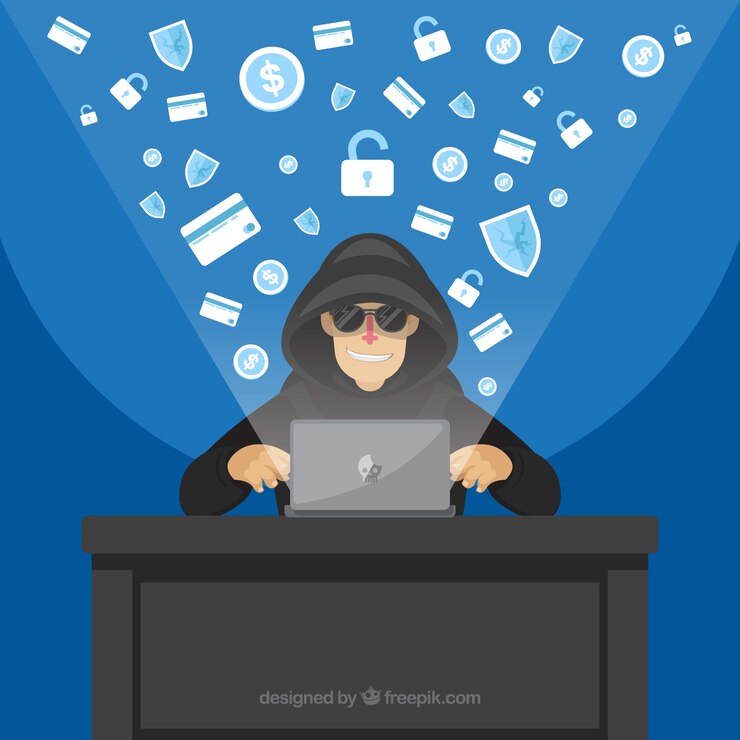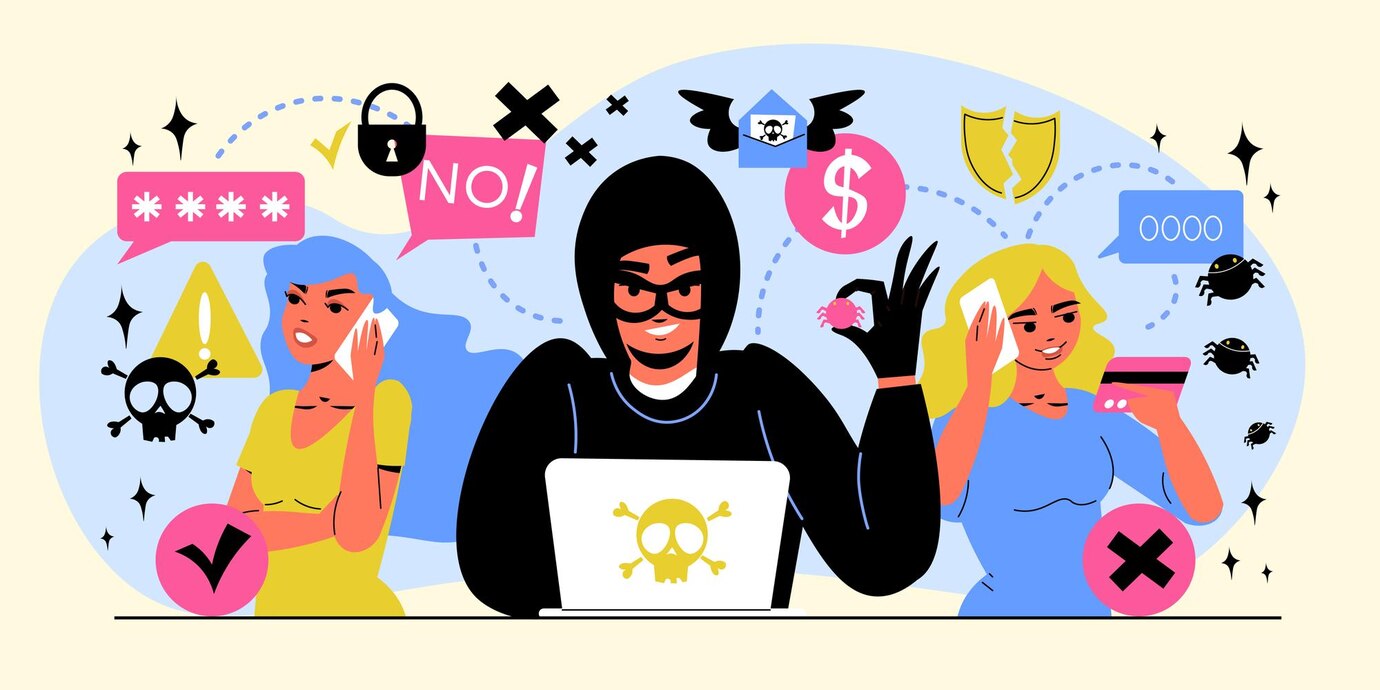How VPN and Anonymous Networks Work
VPN (Virtual Private Network) is a technology that allows users to create secure communication channels on the internet. Using a VPN helps hide the real IP address and provides data encryption, making it inaccessible to third parties.
Anonymous networks like Tor differ from VPNs in that user data passes through several nodes located around the world. This greatly complicates the process of tracking traffic and determining the sender's location. Initially, these technologies were created to ensure user security and privacy, but today they are actively used by cybercriminals.

Ways Scammers Use VPN and Anonymous Networks
1. Hiding the Real Location
One of the most common ways scammers use VPN and anonymous networks is to mask their real location. Thanks to VPN, attackers can create the illusion that they are in another country. This allows them to bypass geographic restrictions and makes it difficult for law enforcement to detect them.
2. Accessing the Darknet and Organizing Criminal Activities
The darknet is a hidden part of the internet accessible only through anonymous networks like Tor. Its platforms actively distribute illegal content, including databases with personal information, illegal goods, and services. VPN and anonymous networks allow scammers to safely interact with darknet resources and engage in illegal activities.
3. Bypassing Security Systems and Geographic Restrictions
Cybercriminals use VPNs to bypass blocks and access restrictions to certain resources. For example, bank system hackers can spoof IP addresses to create the appearance of authorization from allowed regions. This also helps them create multiple fake accounts on platforms with geographic restrictions.
4. Creating Fake VPN Services

Scammers often create fake VPN services that attract users with promises of complete privacy. In reality, such services may collect information about users, including their login data for financial systems and personal correspondence. This allows attackers to gain access to bank accounts and other confidential information.
Risks and Consequences of Using Anonymous Technologies
The use of VPN and anonymous networks by scammers poses serious threats to businesses and private users:
- Financial losses. Scammers use these technologies to commit theft and fraud, leading to the loss of significant amounts of money.
- Confidential leaks. Attackers can intercept personal data, including passwords, financial information, and correspondence.
- Increase in cyberattacks. Anonymous networks allow attacks on large companies and government institutions to be organized while remaining unnoticed.
- Reputational risks. Companies may lose customer trust due to data leaks and system failures.
- Legalization of income through illegal channels: The darknet provides a platform for laundering funds obtained illegally.

Fraud using fake VPN services becomes especially dangerous. Users who trust unreliable platforms risk becoming victims of data theft.
Ways to Protect Against Fraud Using VPN
To minimize the risks associated with the use of anonymous networks and VPNs, it is recommended to take the following measures:
- Choosing trusted VPN providers. Users should prefer only well-known services with a good reputation and transparent data handling policies.
- Using multi-factor authentication. This protection method significantly enhances the security of online accounts.
- Training employees and users. Companies should regularly conduct information security training and raise awareness of potential threats.
- Monitoring network traffic. Special programs allow you to track suspicious activity on the network and respond promptly to threats.
- Regular software updates. Modern versions of software and security systems provide more reliable protection against cyber threats.
- Controlling access to corporate networks. Companies should implement strict access rules and constantly monitor user actions within the network.

Additional Recommendations
- Checking the sources of downloaded content: Never download software from questionable sites.
- Darknet analysis: Companies can use special services to monitor the darknet and track potential data leaks.
- Attention to VPN service offers: Free or suspiciously cheap VPNs may pose a threat to data security.

Countering fraud using VPN and anonymous networks requires joint efforts from businesses, government agencies, and users. Only a comprehensive approach to security will minimize risks and create reliable protection against cyber threats. It is important to remember that vigilance and the competent use of technology are the keys to protecting personal and corporate data.



